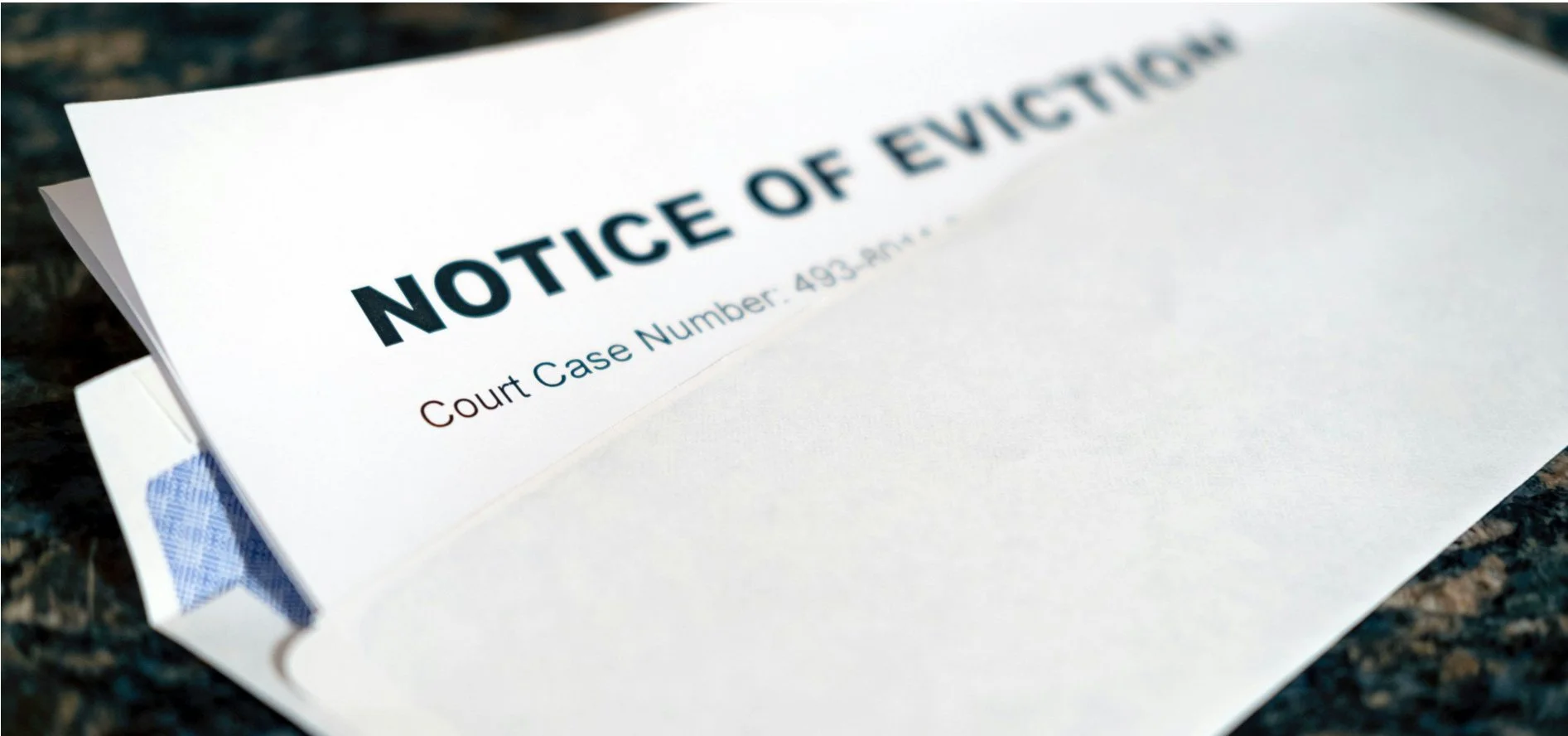How Long Does the Eviction Process Take?
Understanding the eviction process timeframe is crucial for both landlords and tenants. It helps set expectations and allows for better planning and is not instantaneous. It involves several stages, each with its own timeline.
The process begins with an eviction notice. This is a formal document from the landlord to the tenant.
After the notice, if the issue isn't resolved, the landlord can file an eviction lawsuit. This can lead to court hearings and, eventually, tenant removal. However, the exact timeframe can vary. Factors such as local laws, court backlogs, and tenant defenses can influence the duration.
The eviction process is a legal procedure. It allows landlords to reclaim property. It begins with the landlord identifying a violation or issue.
In this article, we'll delve into the eviction process and its timeline. We'll also explore factors that can affect the timeframe and provide resources for both landlords and tenants.
The Role of Eviction Notices
The eviction notice is the first formal step. It's a written document given to the tenant. It addresses the reason for eviction.
The notice usually specifies actions the tenant must take. These include:
Paying overdue rent
Fixing a lease violation
Vacating the property
This document also outlines a timeline. The tenant has a set period to comply or face further action.
Filing an Eviction Lawsuit
If the tenant doesn't respond to the eviction notice, the next step is filing a lawsuit. This step is called an unlawful detainer action. It allows the landlord to seek legal intervention.
The landlord files this lawsuit in the local court. Once filed, the court serves the tenant with papers. The tenant then has a short period, usually between 5 to 14 days, to respond.
Court Hearings and Judgments
If the tenant contests the eviction, the case goes to a hearing. Court hearings can prolong the eviction process. Factors like court availability and legal arguments affect the timeline.
During the hearing, both parties present their cases. A judge then reviews the evidence and makes a judgment. This judgment determines whether the tenant must vacate the premises.
Issuing the Writ of Possession
If the court rules in favor of the landlord, a writ of possession is issued. This document grants the landlord the right to regain possession. It sets a deadline for the tenant to vacate.
The writ specifies a few days to a week for the tenant to leave. This timeline is crucial for the landlord to regain control legally. It ensures that the process adheres to proper legal standards.
Law Enforcement and Tenant Removal
When a tenant fails to vacate by the deadline, law enforcement may intervene. In Illinois, only the county sheriff can carry out an eviction with a valid court order. Officers typically oversee the removal of both the tenant and belongings.
The involvement of law enforcement marks the final phase of the eviction process, securing the property’s return to the landlord. Following legal procedures is essential to avoid liabilities or disputes.
Factors Affecting the Eviction Timeline
Several factors can influence how long the eviction process takes. The timeline is not the same for every case. Some cases resolve quickly, while others drag on longer.
Key factors that affect the timeline include:
Tenant's legal defenses: Tenants have the right to extend the eviction process. They may present legal defenses. These defenses require the court to assess claims, potentially delaying the eviction.
Local laws and regulations: Eviction timeframes vary by location. Different states and municipalities have specific rules. These regulations can complicate and extend the eviction process.
Court system efficiency and backlogs: Court backlogs are common in busy jurisdictions. Heavy caseloads delay hearings and decisions. Such backlogs can add weeks or even months to the eviction process.
Understanding these factors can help landlords and tenants navigate the process more effectively. This awareness reduces surprises and allows for better planning.
Preventing Evictions and Resolving Disputes
Proactive measures can help avoid eviction and resolve landlord-tenant disputes. Communication and mutual understanding are crucial. Both parties should strive to address issues before they escalate.
Strategies to prevent evictions and handle disputes include:
Engaging in open and honest communication: Open lines of communication are vital for resolving disputes. Both parties should express concerns clearly and listen actively. Mutual respect can foster cooperation and prevent misunderstandings.
Utilizing mediation services: Mediation offers a neutral space to resolve conflicts. Professional mediators help find fair solutions. Rental assistance programs can provide financial support, reducing eviction likelihood. These resources can make a significant difference.
Exploring rental assistance programs: Tenants facing eviction in Chicago may qualify for rental assistance programs that provide financial aid to help cover overdue rent, potentially delaying or preventing eviction proceedings. These programs are often offered by government agencies and nonprofit organizations.
Negotiating payment plans for overdue rent: Landlords and tenants can work together to create a structured repayment plan that allows the tenant to catch up on missed rent payments over time, which may help avoid eviction and maintain housing stability.
Revisiting lease terms for clarity and understanding: Carefully reviewing the lease agreement ensures that both tenants and landlords fully understand their rights and responsibilities, including any grace periods, late fees, and potential legal actions related to nonpayment or lease violations.
Taking these steps can create a cooperative environment. They can often lead to amicable solutions, preventing stressful and costly evictions.
Opportunities for Property Owners
For landlords navigating the eviction process, understanding the timeline and tenant rights is crucial. As cash home buyers in Chicago, we offer a hassle-free solution for property owners dealing with challenging rental situations.
Instead of enduring a lengthy eviction, consider selling your property for a fast, fair cash offer.
For additional support, legal aid organizations and tenant advocacy groups, such as the Metropolitan Tenants Organization and the Chicago Tenants Movement, can guide through the process.




